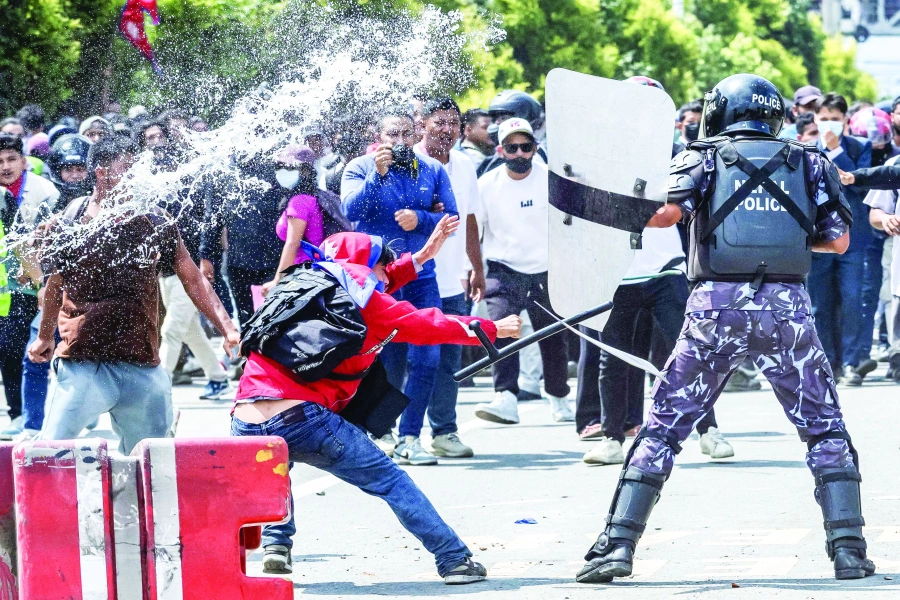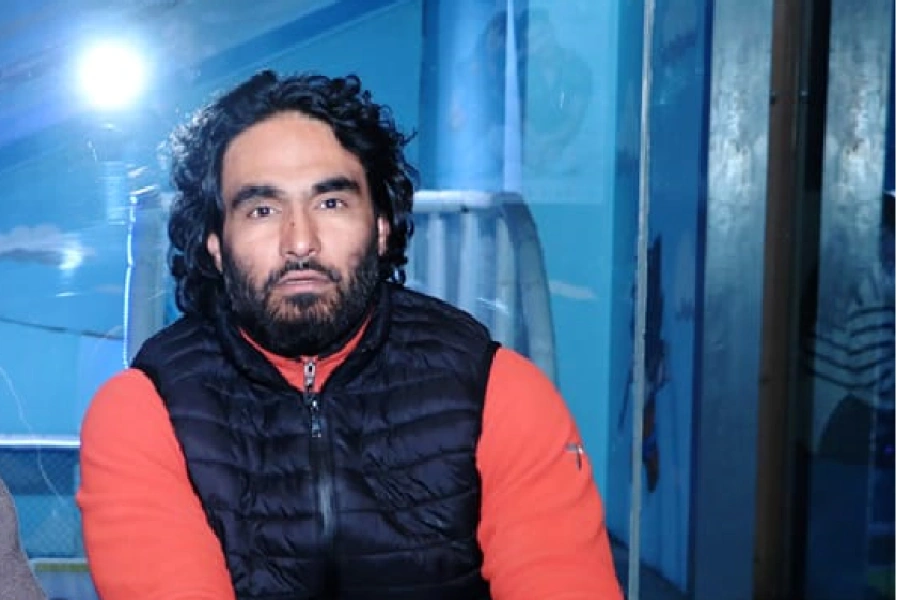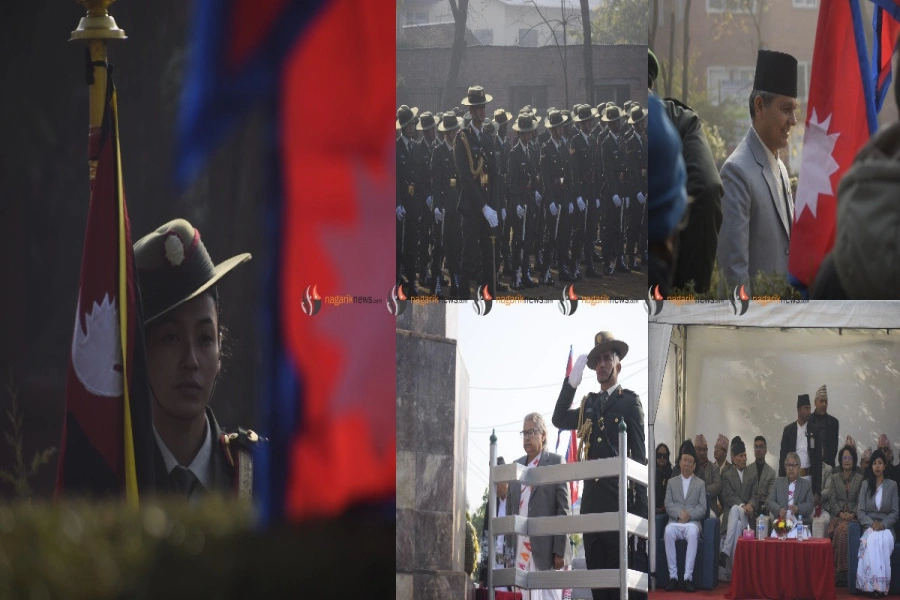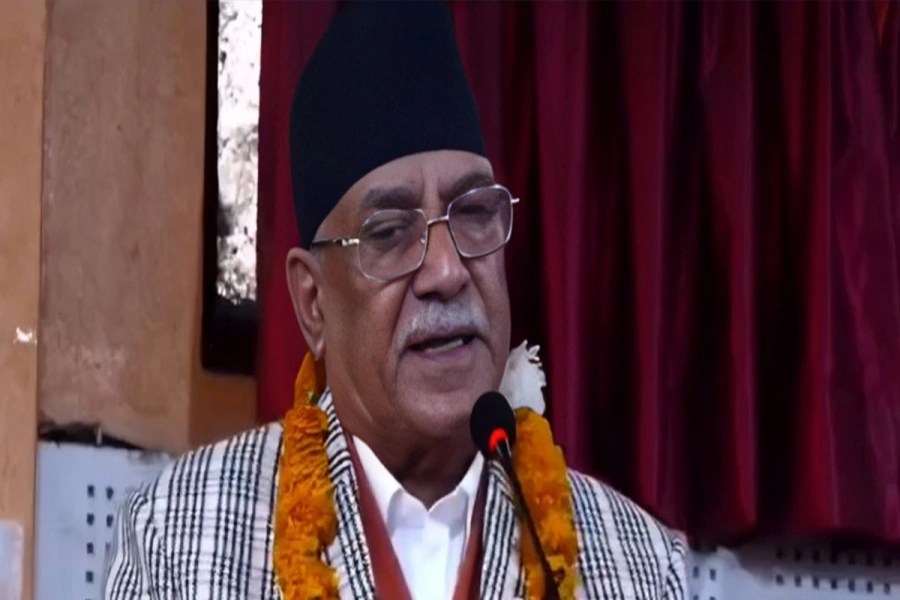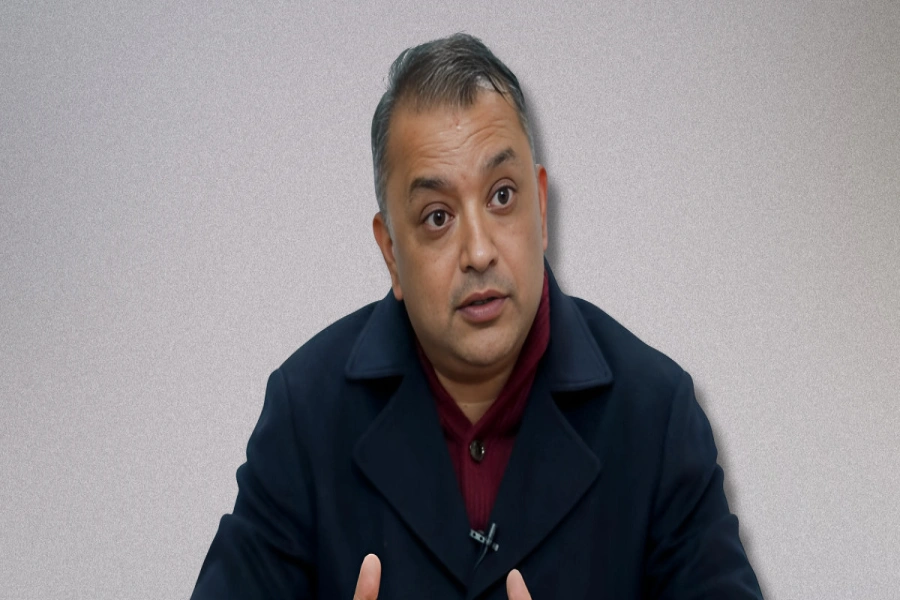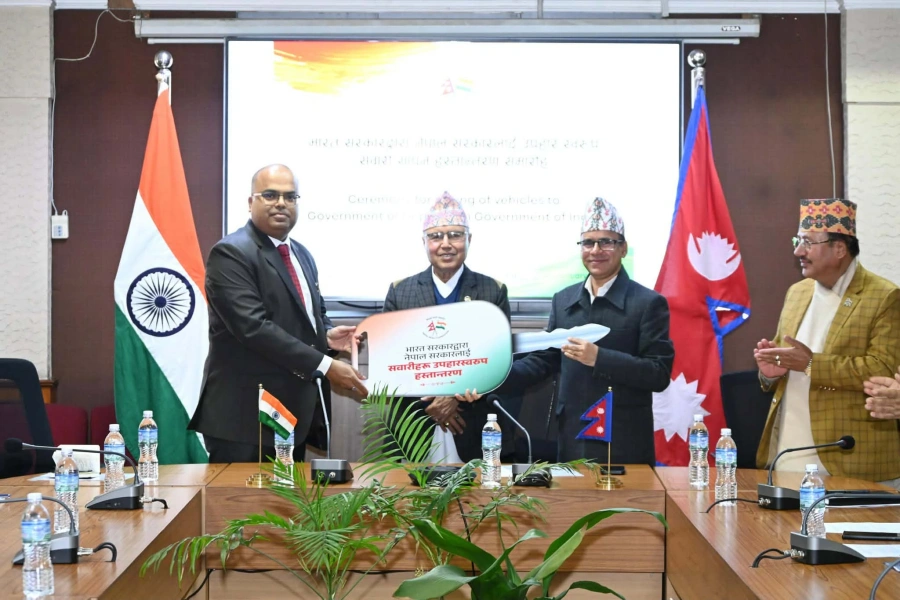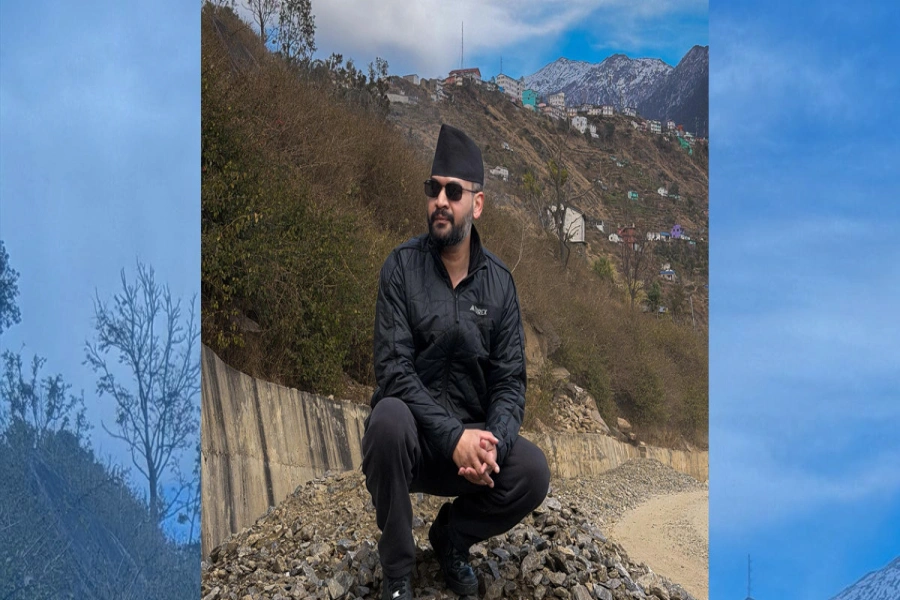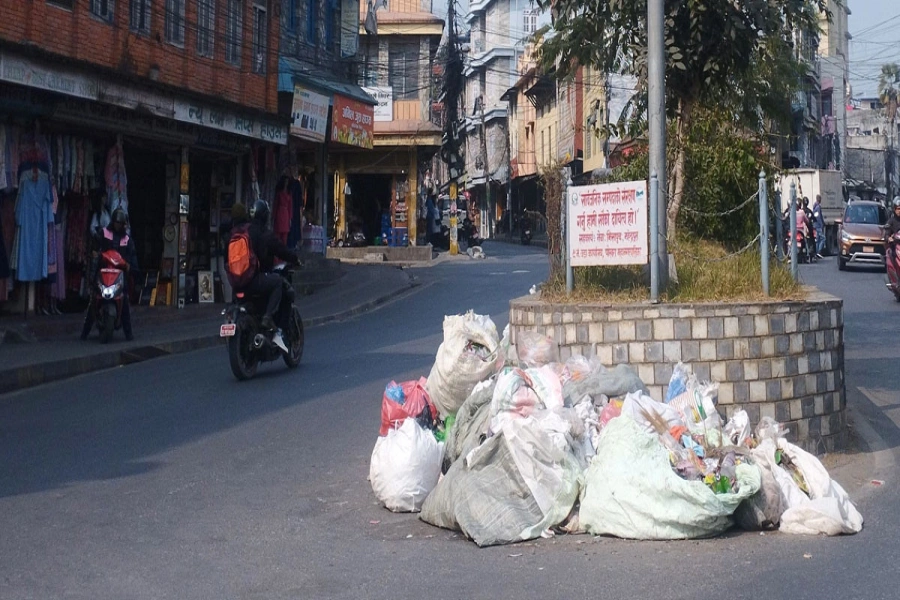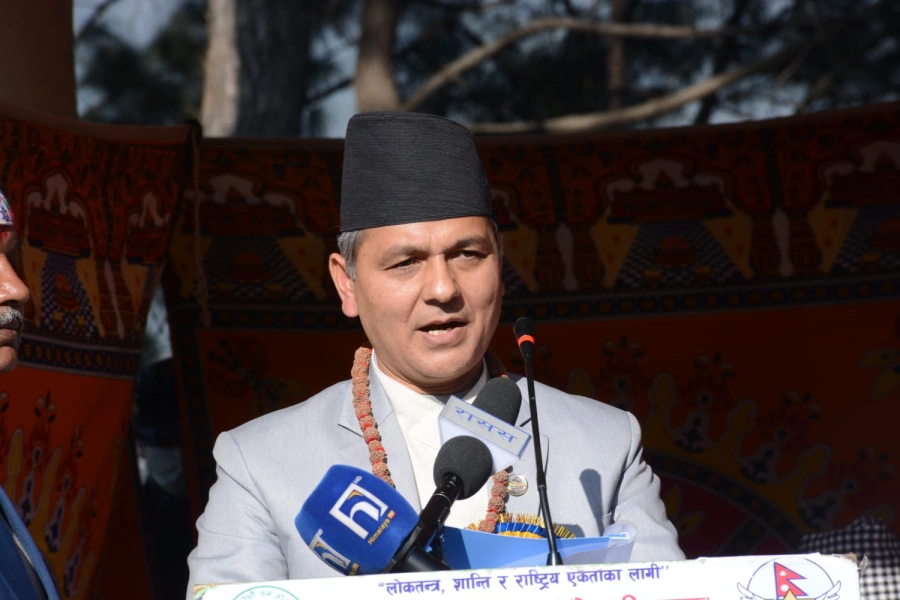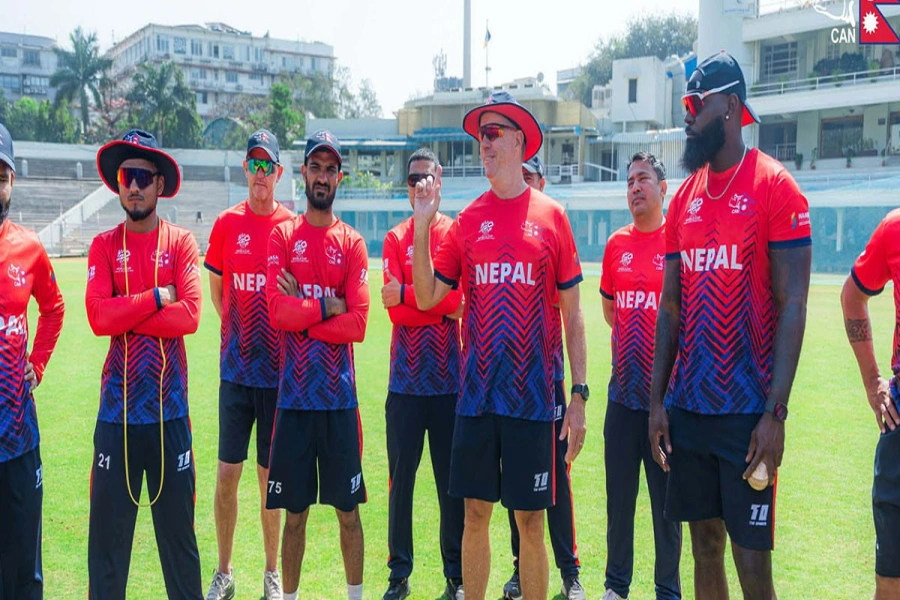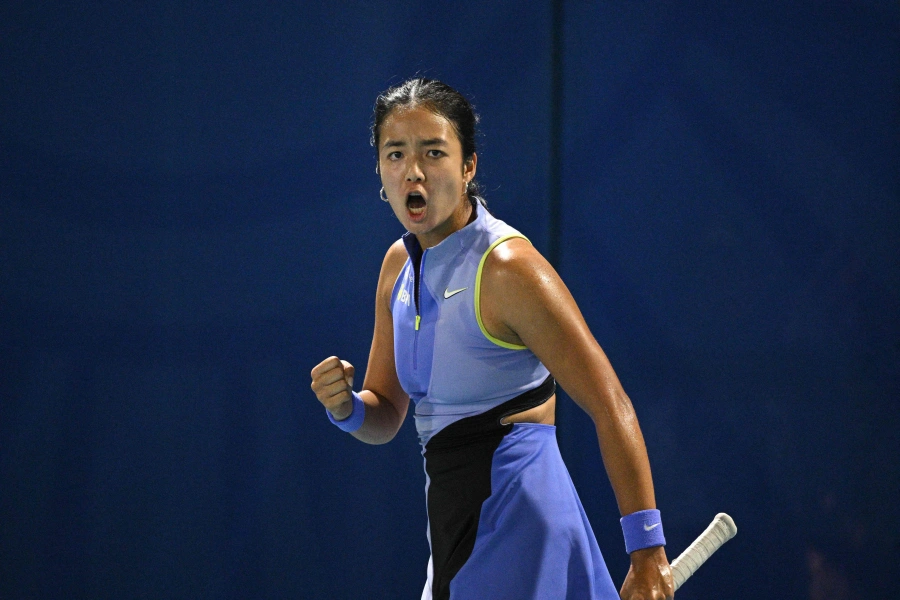ACHHAM, June 16: Shova Devi Kadayat of Sodhsha village in Achham district was living a happy life until a few years ago. The mother of five and her husband used to work hand-in-hand for the bright future of their children. Even though life was not lavish, managing a decent living was not a huge challenge. Five years ago, everything changed. She lost her husband to excessive consumption of liquor. The entire financial burden of her family befell on her. The children’s smooth schooling came to a halt with her eldest boy leaving for India for employment.
“We had a peaceful life. Though we had to toil hard to meet our end, we were happy as a family,” said Kadayat. “But on one fateful day, I received the sad news that my husband was lying dead in a jungle,” she added.
Her husband, a peasant, had turned alcoholic since some time. She had warned him of limiting alcohol intake. However, his addiction to alcohol kept on growing until he became a drunkard.
“When alcohol is found easily everywhere, you go for it without thinking much. My husband lost his life due to the availability of alcohol and his wrong company,” she lamented.
On the day that he was found dead, he had told Kadayat that he was going to another village with some friends for work. She was reported that he was drinking throughout the way, his health deteriorated and died on the way.
“I did not doubt the news. He used to drink excessively,” she stated. “He left forever. But the gift that he left behind is our misery,” she added.
Achham Landslides: Death toll reaches 22

After the death of their father, the children could no longer go to school. The family’s earning shrunk to less than half. The eldest of the children, who was an eighth grader, was forced to find a job.
“Poverty forced him to go to India. He had to quit school. There were others, younger to him. Sending them to school also became difficult. I was not able to bear the expenses,” Kadayat, whose health condition is not very sound either, reported.
Achham villages can relate to her story pretty well. Once a ‘liquor-free’ district, Achham has now ‘immersed’ in it, locals admit. And the direct impact of the common ‘alcohol culture’ is reflected in the life of women and children.
According to Rewanta Adhikari of Bindyabasini village, alcohol is destroying social harmony and family ties in the district. “It has made life miserable. Unregulated selling and buying of drinks should come to an end,” he said.
Remarkably, Achham was declared liquor-free district long back. Liquor ‘entered’ the village after the end of Maoist insurgency, Adhikari said.
“Then slowly, people came into its grip,” he added.
In a recent case related to liquor, Dil Bahadur Rawal of Nandegada village was warned by doctors not to consume alcohol due to his poor health. The hotelier based in Mallekh had some health complications. “Doctors had told him that alcohol could be fatal. But he did to pay heed to it,” his family members said.
“It’s men. All men here, except few, are drunkard. This habit has had very bad impact on people’s life here,” noted Darma Devi Budha of Mallekh village. She added that ‘drunken husbands take it as their rights to verbally and physically abuse their wife’.
As the situation has crossed the limit, women have once again decided to wage a war against drinking culture, Budha reported.
Meanwhile, chairperson of Mallekh Rural Municipality – 6, Narapati Rawal, stressed on the need to book drunkards who have been destroying families and social harmony. He said that the local government is serious about the issue and is going to come up with strict measures to control liquor in the villages. “We are fully supporting the initiative of the women. They can punish and impose fine on those who drink in an indisciplined manner in public and make noise,” he said.
The women activists charge Rs 1,000 to ‘drunkards’ causing nuisance on the streets and Rs 2,000 to liquor sellers. As per the data of police, 19 people are reported to have lost life in the last eight years in the district since ban on liquor was lifted.
“The smallest bottle of liquor is available for Rs 30. And it is easily available everyone. This has made even children attracted to it,” said Dharma Devi Budha. “We are trying to stop its sale in our villages,” she added.






